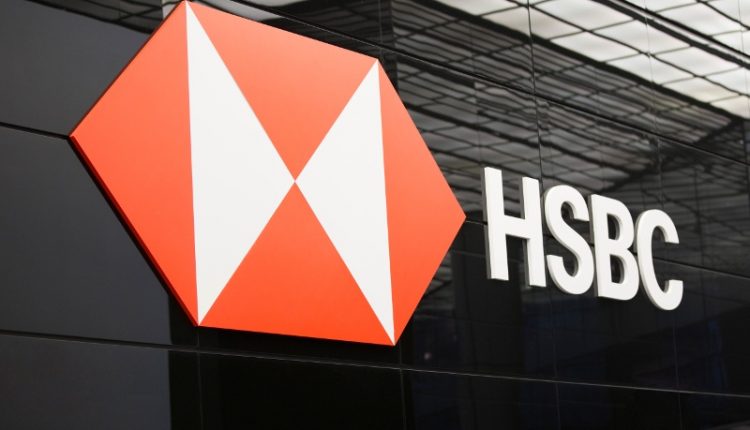HSBC will reportedly shift $20bn worth of assets to blockchain
HSBC plans to move billions in assets to a new blockchain-based custody platform by March 2020.
HSBC will transfer $20bn worth of assets to a blockchain-based platform named Digital Vault, according to Reuters reports on Wednesday (27 November). This transfer constitutes 40pc of the firm’s total assets.
The company confirmed to Siliconrepublic.com that the Digital Vault is live in Asia and will be rolled out in the US and Europe in the first quarter of 2020.
The platform will digitise paper records of private placements by using blockchain to reduce the time it takes investors to make queries on holdings such as securities purchased on private markets. The records are normally paper-based and, according to Reuters, not standardised and therefore tricky to access.
‘We are preparing for the future, in which the full transaction life cycle could be stored on a ledger, including issuing digital tokens instead of paper certificates’
– STEPHEN BAYLY
The company hopes to cut costs and maximise efficiency, though HSBC has yet to clarify the projected savings from the move. However, it has been noted that the move seeks to capitalise on burgeoning interest in these kinds of investments.
“Our clients want real-time visibility of their private placement transactions so that they know when they will receive the coupon on a private debt transaction or to facilitate an audit of transaction records,” said Stephen Bayly, chief information officer at HSBC Securities Services.
“Private assets are prime candidates for digitisation and we see this platform as a key step on the journey as the model evolves. We are preparing for the future, in which the full transaction life cycle could be stored on a ledger, including issuing digital tokens instead of paper certificates.”
Sebastian Danloy, global head of asset owners and managers, added: “We have seen an increasing number of clients investing in private assets as they look to pick up the kinds of yields not widely available in the public markets. Our Digital Vault will bring greater functionality to record-keeping in the private placement markets.”
Blockchain has been hailed as the ultimate disruptor of the financial sector, due to how the nature of the digital ledger system eliminates the need for a middleman, a function that banks have previously filled in most modern economy transactions.
Remodelling the business
In October, HSBC interim CEO Noel Quinn announced plans to “remodel” large swathes of the bank to offset a disappointing Q3 performance, which showed a 24pc decline in net profits. Quinn has also pledged to divest some of its businesses, which could threaten up to 10,000 jobs.
HSBC has been gradually incorporating blockchain tools into its business model for some time. In January, the banking giant announced that it had settled 3m foreign exchange transactions, worth $250bn, using a blockchain platform. The solution, called HSBC FX Everywhere, has been used to orchestrate payments across its internal balance sheets.
“Following successful implementation inside the bank, we are now exploring how this technology could help multinational clients – who also have multiple treasury centres and cross-border supply chains – better manage foreign exchange flows within their organisations,” commented Richard Bibbey, interim global head of FX and commodities at HSBC, at the time.
Earlier this year, HSBC was reportedly the first bank to complete a financing transaction on European blockchain trade platform WeTrade.


